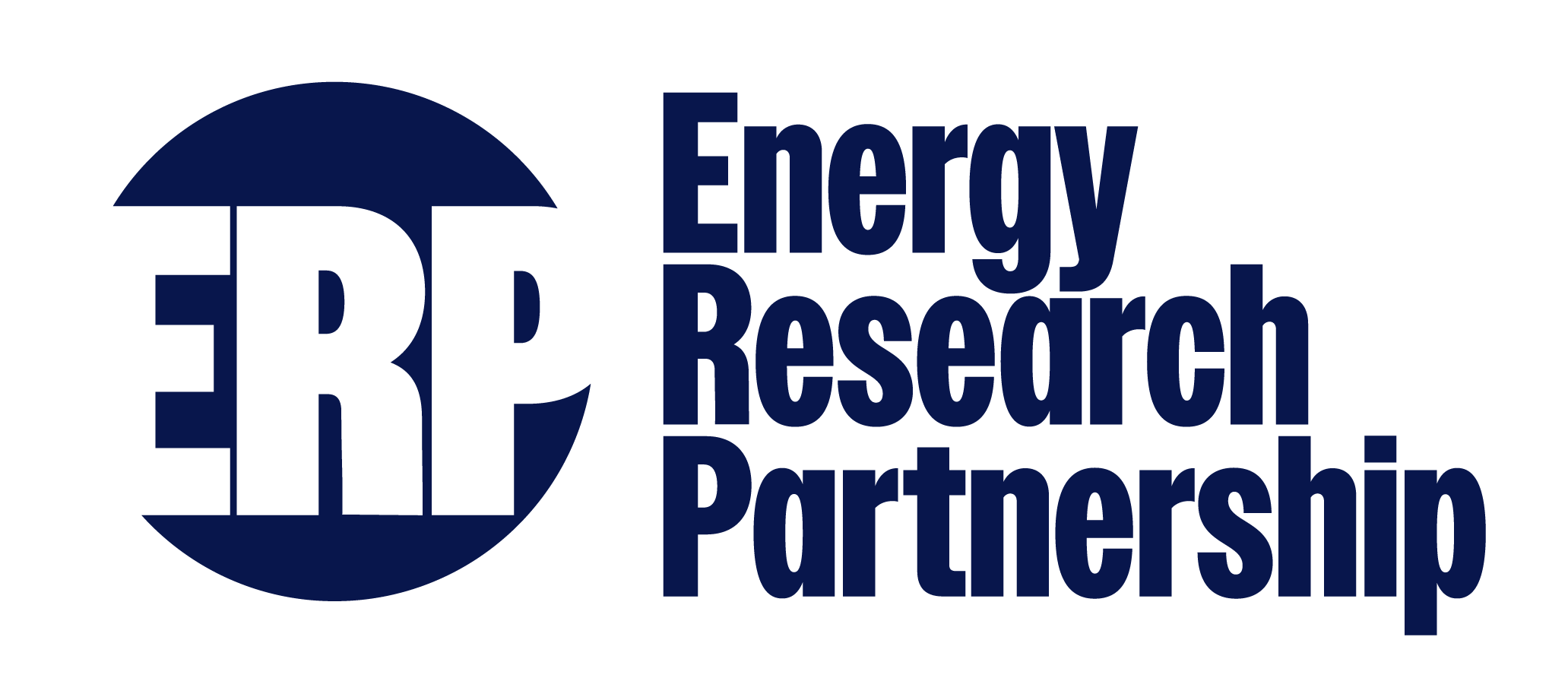Ten years ago Chancellor Gordon Brown declared a 75% increase in funding for energy research. He also announced the formation of the Energy Research Partnership, to underpin this investment and enhance collaboration and identify shared priorities.
Since then, there have been three different Governments, a new department focussed on energy and climate change, four Energy Ministers and two dedicated Chief Scientific Advisers. Investment in energy research has increased and the funding landscape has grown and evolved.
The last decade also saw the UK set the first legally binding decarbonisation target for 2050. More recently, a global deal to tackle climate change was made legally binding, with the UK recognising the need for a net zero emissions target. The UK is making good progress and greenhouse gas emissions continue to fall, despite a growing economy, driven by declining energy use and a move away from coal.
Renewable generation capacity has increased six-fold to 30 GW, since 2006, including nearly 9 GW of solar PV. Renewables now account for over 22% of annual generation, rising past nuclear. However, 85% of primary energy, across the whole economy, still comes from coal, oil and gas. Demand reduction will continue to be beneficial, but decarbonising the remaining demand is challenging.
For transport and domestic heat, which are heavily dependent on oil and gas, the new energy supply chains will interact with other parts of the energy system. ERP’s report on managing flexibility illustrates how the value of investments change depending on what happens elsewhere in the system. How and where energy is stored in the system is also changing, which in turn interacts with how we deliver energy for transport and domestic heat. Our upcoming report on hydrogen raises the question of how much can we achieve using hydrogen and the wider developments in the energy system it could help deliver, particularly Carbon Capture and Storage.
Progress is also being made in how to make the options commercially attractive. But big investments are still to be made, some that will still be operating in 60+ years. Creating the environment to accommodate these long timescales for developing and deploying the necessary technologies requires coherent thinking.
In July ERP will be celebrating 10 years of activity and reflecting on what we have achieved in identifying shared priorities and coherent thinking, and considering what challenges lie ahead for energy innovation.
